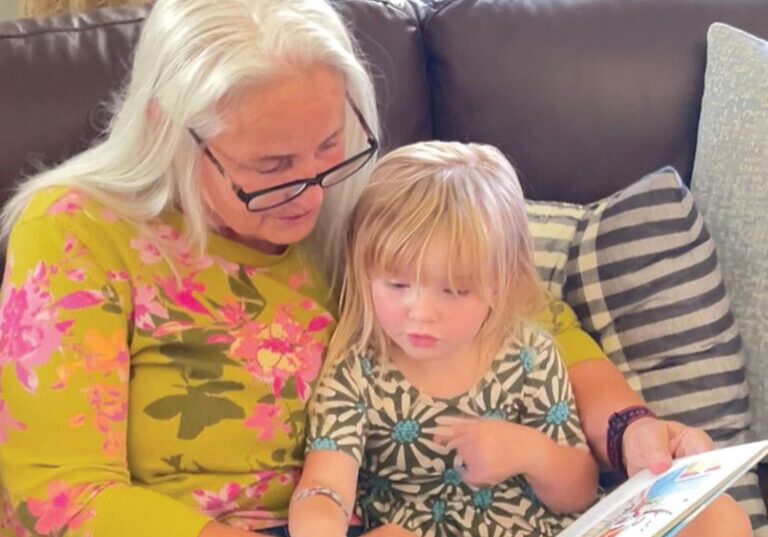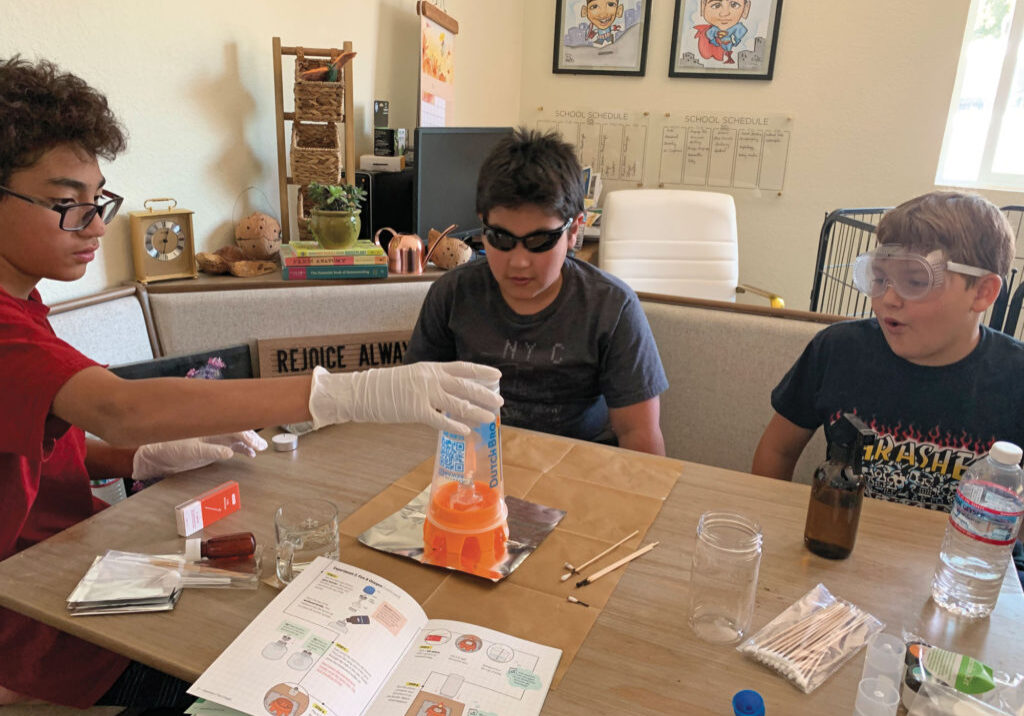Michelle, a dedicated teacher in San Diego, describes the persistent challenges posed by Lana, one of her students. Lana consistently refuses to follow instructions, disrupts the class with her loud behavior, talks out of turn and adamantly resists engaging in assigned tasks. Her parents are going through a contentious divorce causing stress in their family and for Lana. This narrative finds its echo in Humboldt, where Gloria, a concerned mother, notes her child’s daily visits to the nurse’s office, complaining of stomach pain. Eventually, Gloria discovers that her child is a victim of bullying at school.
These stories illuminate a pervasive issue affecting educators and students nationwide; the impact of toxic and traumatic stress. Pre-pandemic data revealed that approximately 70 percent of the U.S. population had experienced trauma by the age of 18. The subsequent disruptions caused by the pandemic have only intensified the challenges, with 80 percent of public schools reporting negative impacts on student behavior and socio-emotional development.

Center for Optimal Brain Integration provides strategies to improve learning environments
The consequences of toxic stress are evident: increased behavioral challenges, declining mental health, and a surge in the number of students seeking mental health services. While schools diligently prepare for physical emergencies with drills for earthquakes, fires and active shooters, there is a critical need to address the emotional emergencies students face daily. It’s time to shift the focus to the whole child and integrate “emotional emergency drills” (intentionally embedding social-emotional and resilience-building) into the curriculum and create safer environments for students.
The Center for Optimal Brain Integration (COBI) recognizes the urgent need to create safe, predictable environments in schools and offers accessible, evidence-based practices to help schools reach these goals. Drawing on research about the neurobiology of stress, trauma and resilience, COBI introduces educators to strategies that regulate both their own and their students’ nervous systems, creating an environment conducive to learning. “With COBI’s guidance we engaged in a multi-month series of training and deep dives into the book Trauma-Informed Practices for Educators’” says Denise Gale, QCC Region 3 QRIS Coordinator, El Dorado County Office of Education. “COBI provided us all with the support to help us be confident and competent trainers in trauma and resilience.”
Trauma-informed practices reduce stress in schools
COBI emphasizes individual and organizational-level changes to reduce stress in schools. The approach incorporates trauma-informed practices and cultural neuroscience (understanding the brain and behavior) to guide educators in regulating their own and their students’ stress responses. This enables individuals to access their cortex, promoting a state of regulation instead of being trapped in the survival mode of the hindbrain (the part of the brain that initiates fight, flight or freeze behaviors under stress). We then have access to the cortex (thinking, reasoning, learning part of the brain) to listen, engage and learn.
Professional development programs at COBI are designed for both virtual and in-person settings, offering training options tailored to the unique needs of each school or district. The institute provides comprehensive training to educators, enabling them to build a collective capacity to reduce stress in classrooms.
Training community trainers provide sustainability
COBI’s commitment extends beyond the immediate training, creating sustainability within communities through the National Training of Trainer Institute so educators can be authorized to train in their own communities. “I am so honored to have been trained in TOT [Training of Trainer] with COBI and to provide a TOT class at Shasta College that will start in the fall,” says Jeanne Veich, ECE Instructor BACTE Division at Shasta College.
As the education landscape grapples with the aftermath of the pandemic, initiatives like those offered by COBI become invaluable. Building resilience, regulating stress and creating safe environments are not just aspirations; they are imperatives for the well-being of both educators and students across the country.
If you are a parent, teacher or administrator and would like to learn more about bringing social-emotional, trauma and resilience training or the training of trainers to your community, contact Julie Kurtz, founder and director, optimalbrainintegration.com/contact-us or optimalbrainintegration.com
For more information about their modules, optimalbrainintegration.com/training
Posted in: Education
Comment Policy: All viewpoints are welcome, but comments should remain relevant. Personal attacks, profanity, and aggressive behavior are not allowed. No spam, advertising, or promoting of products/services. Please, only use your real name and limit the amount of links submitted in your comment.
You Might Also Like...

How to Foster a Love of Early Literacy in Your Young Child
One of my most treasured photos from my childhood is of me sitting on my father’s lap as he was reading a book on geology. He was not reading to […]

Homeschooling Moms Answer Common Questions
Since the pandemic began, veteran homeschooling families have gotten many requests to tell others how they manage. We recruited seven local homeschooling moms to help answer some of the common […]

Back to School
Back-to-school is always a complicated time of year for families. Everyone is on varying levels of looking forward to it or dreading going back. Often, it’s a mix of both! […]

9 Great Apps To Help High-Schoolers Bound for College
Even though this year looks very different for students planning to attend college next year, some things never change. Typically, colleges and universities want to receive applications this month for […]



